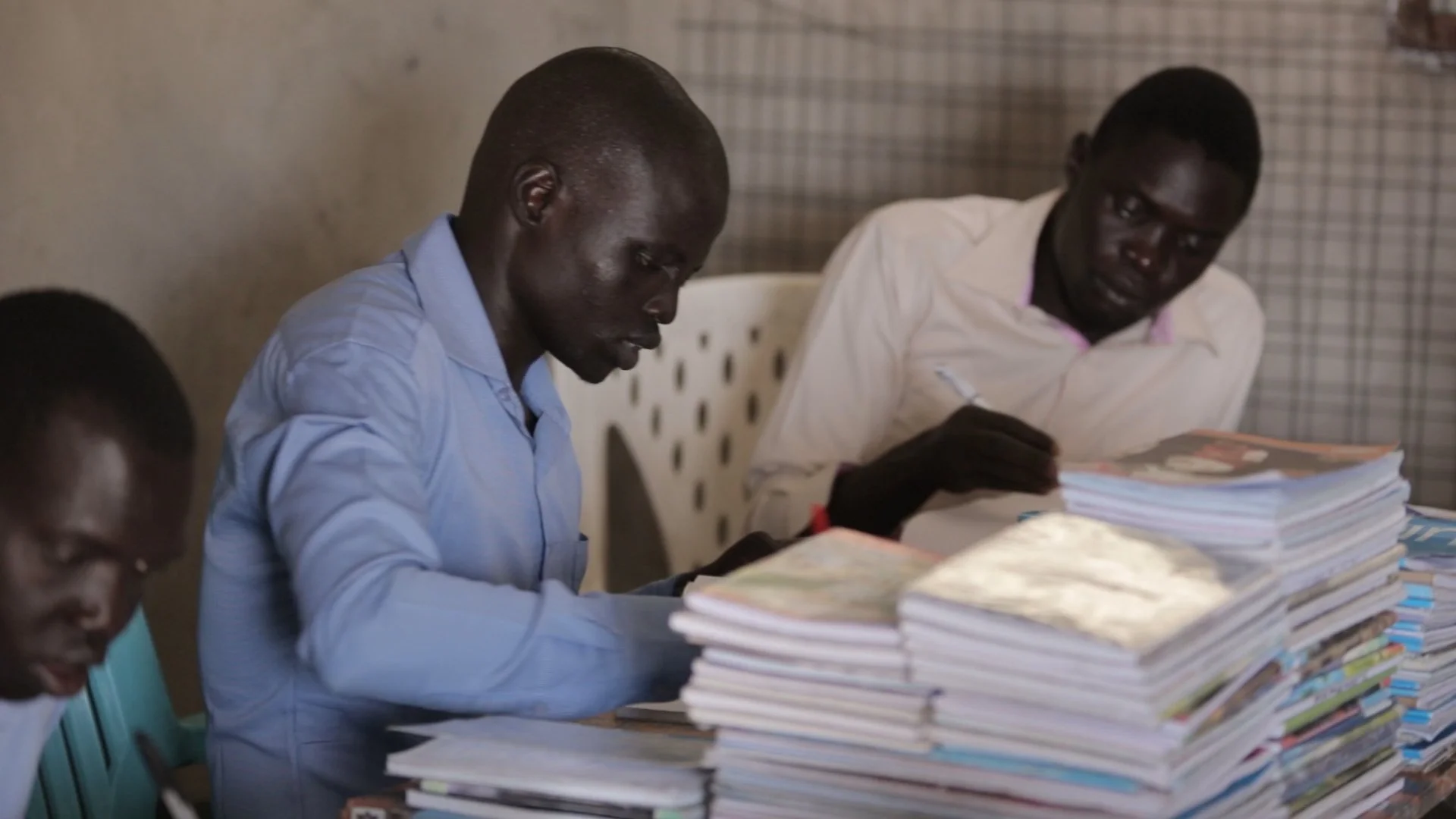Project Background
The Vines Foundation is a catalyst for positive change in Tunuyan, Mendoza, exploring ways to empower our community to enhance health, end hunger and overcome hardship, as well as promote sustainable livelihoods. As the philanthropic arm of The Vines, an Argentine farming, winemaking and hospitality company (vinesofmendoza.com, vinesresortandspa.com) with deep connections to international resources through our clients in the US, Europe and Brazil, The Vines Foundation is leveraging these resources to meet the immediate and long-term needs of the local community. Most important, we are building capacity within our community and the organizations we work with, and seeking to engage community members and organizations, local and national businesses, along with the government to solve complex challenges.
Definition of Opportunity
In the fall 2021, for the first time, the Vines Foundation partnered with a DAT to begin to create a strategic and inspirational mission and vision statement for the Foundation, which will serve as the foundation expands its community work for at least the next decade. We hope that two of the students that worked on the project, Lucie Kneip (lkneip@nd.edu) and Carson Krol (ckrol@nd.edu), will continue to be engaged with the DAT this spring and as interns this summer at The Vines in Mendoza.
As a next step, we want to expand on the work completed to identify solid guiding principles, and meaningfully engage prospective donors and partners to unite a force for good. In the end, we want to become a model for sustainable development upon which others can base their initiatives to effectively serve the needs of the broader region and country of Argentina.
During 2022, we aim to move from the mission and vision development phase to the execution phase by:
· Creating a structure and strategies to bring together an effective working/community group of local leaders guiding the development process and creating goals; and an advisory board of donors and global stakeholders.
· Developing a strategy to continue to support the 10 community kitchens we have been helping and a plan to transition that support into a more sustainable operation, likely by bringing in partners from the community and region.
· Outlining a plan to evaluate the feasibility of, and if it is feasible, implement the “Rosario project” of community development in Tunuyan.
· Creating a best practices document for the dog rescue shelter at The Vines, and the evaluation of a mobile spay/neuter clinic.
Definition of Success
Through the work with a spring 2022 DAT, we hope to generate interest, excitement and actions in support of The Vines Foundation. This might include providing hands-on volunteer experiences for individuals to become connected to the mission of The Vines Foundation. We plan to move from the theoretical to the execution stage, developing the initial parts of a strategic plan. We will build on initial dialogues with members of the local community that DAT members carried out to explore further opportunities for becoming an incubator of new thoughts, strategies and methods to identify and solve the ever-changing needs of the local community.





